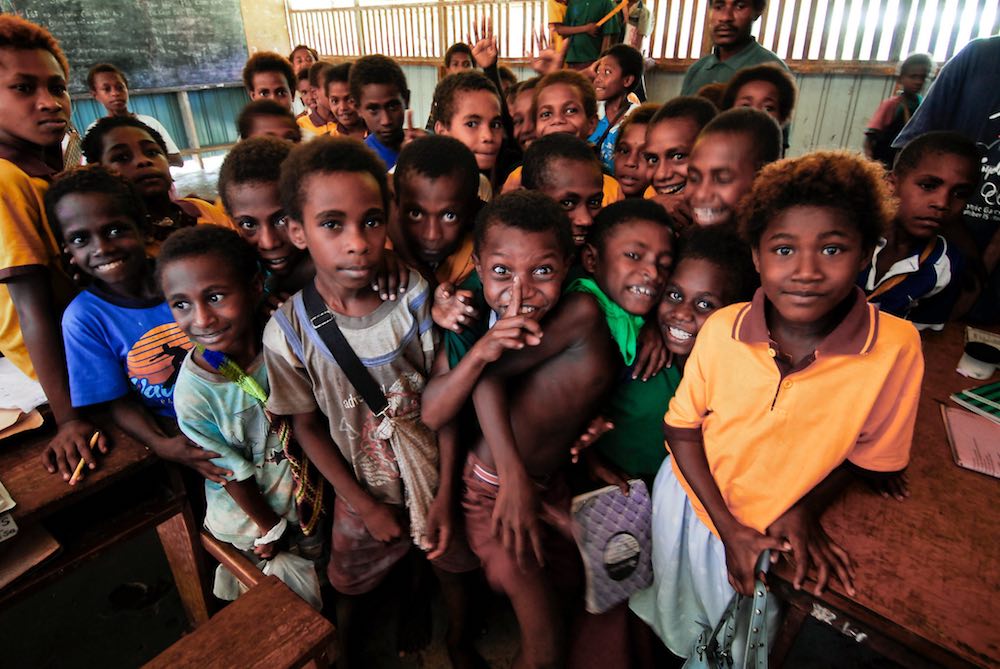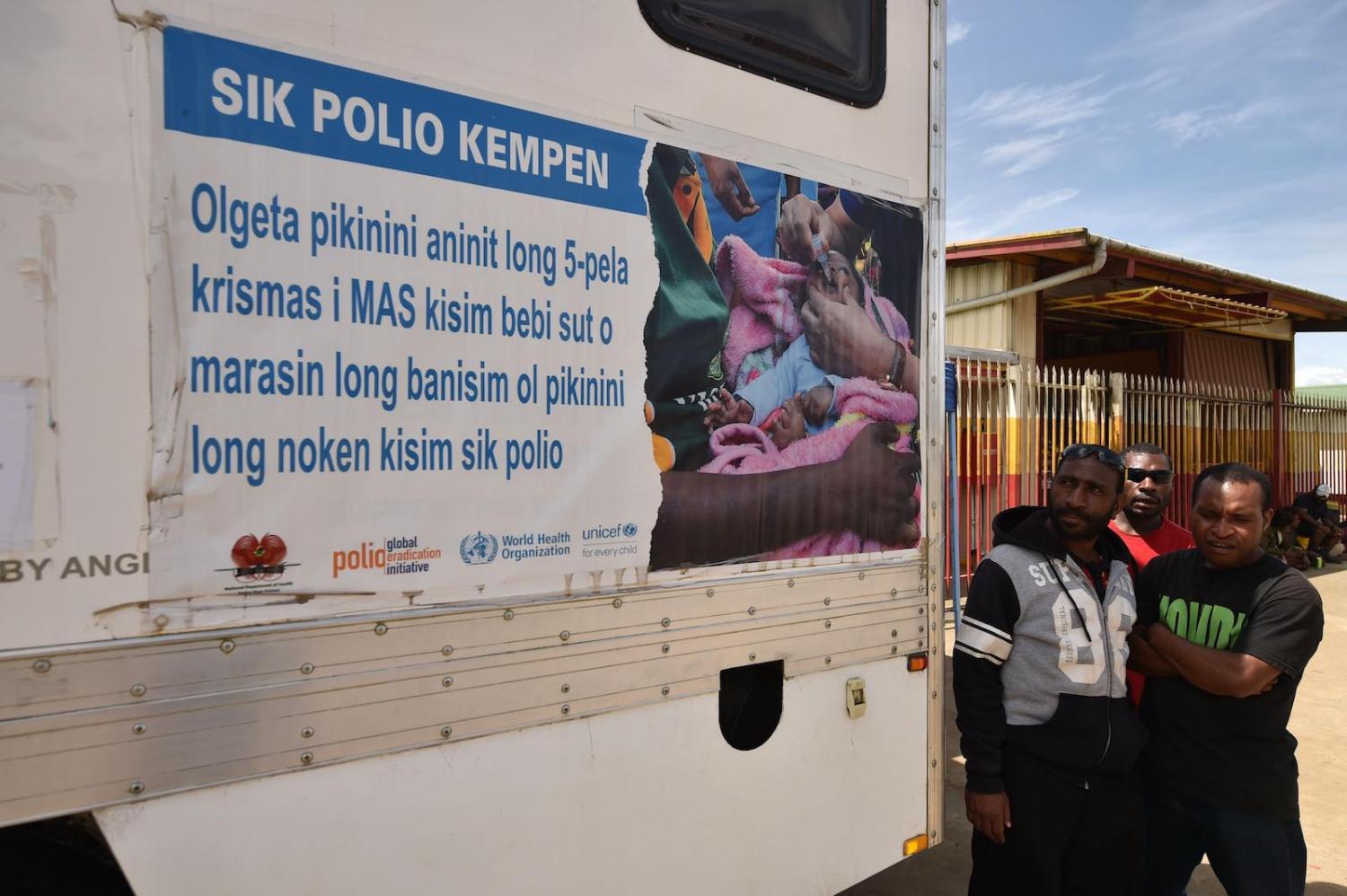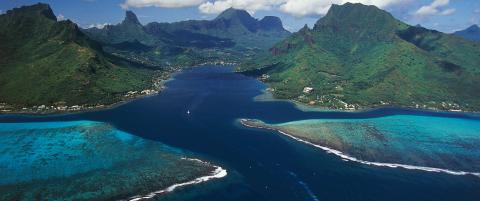Papua New Guinea remains one of the most dangerous places in the world to give birth.
Many women and girls walk kilometres for days when heavily pregnant in order to access health facilities. Just ten years ago, women and girls in rural districts would only visit a clinic as a place “to go die”, not to deliver a baby. Stigma and poor health literacy added to the fear – with the country still the hotspot for the world’s most drug-resistant tuberculosis, alarming malaria rates, and recent polio outbreaks. Even today, for every 100,000 live births in the country, 215 women die in complications resulting from labour.
Now add to this the danger of Covid-19.
The PNG health system should fear a larger indirect death toll than from the coronavirus pandemic itself. The myths and misinformation associated with Covid-19 are only going to add to the barriers of receiving a supervised and safe birth. PNG has a population of more than 8 million, with health challenges unfortunately as diverse as its 800 different languages. Vaccination rates are poor, and with people fearful of Covid-19, women and girls will deliver babies in the bush, often alone.
The challenge is to find a balance to prevent the spread of Covid-19 while avoiding the cost to other essential health services.
Studies of the Ebola epidemic in Sierra Leone revealed a 34% increase in maternal mortality rates in health clinics alone during the outbreak. This followed stress on the medical supply chain and transport of drugs and equipment within the country. PNG faces the same risks should Covid-19 overburden the health system. Relatively simple treatments such a medications, gauze, or IV drips can stop a mother from bleeding to death, but it all depends on these potentially life-saving materials being available in rural health clinics.
In pre-Covid times, tuberculosis had been feared as the world’s biggest killer disease, claiming more than 4000 lives a day globally. Amid the coronavirus pandemic, we must not forget that tuberculosis remains the biggest killer, and the most drug-resistant strain, XDR-TB, is silently spreading in PNG. Millions of dollars and years of research have been dedicated towards tuberculosis programs in PNG, and this cannot go to waste as a consequence of the Covid-19 pandemic. Strict tuberculosis treatment regimes are still required, with complete patient compliance. Otherwise, tuberculosis prevalence will spike, and with it worsening drug resistance and ultimately more deaths.

Chronic disease is a major challenge across the Pacific. Malaria is a constant threat, especially in PNG and Solomon Islands, which accounts for more than 90% of cases in the Western Pacific Region, according to the World Health Organisation. That figure could climb if Covid-19 disrupts mitigation efforts, such as the spraying of insecticides, use of treated nets, or access to malaria testing.
Immunisation rates also remain stubbornly low. Headline outbreaks demonstrate the dangers, such as in 2018 in PNG with polio – a disease once thought all but eradicated – or in Samoa with a devastating measles episode. Covid-19 has the potential to severely disrupt what should be routine immunisation programs by gobbling up resources and putting a stop to vaccination patrols due to travel restrictions. The damage from this disruption may not become evident for five or more years.
So for PNG, even as the government seeks to contain the spread of coronavirus, now is the time to emphasize that immunizations are an essential health service. This effort will ultimately reduce the burden on the PNG health system.
All this illustrates that the challenge is to find a balance to prevent the spread of Covid-19 while avoiding the cost to other essential health services. The virus not only attacks people, but the systems people have built in an effort to support the most vulnerable. The burden on an already weak health system will be immense and long-lasting.
PNG is unlikely to reach the Sustainable Development Goals target of reducing maternal mortality rates by 2030, along with the lowering the cost of other major diseases. If any good is to come from the Covid-19 pandemic, hopefully it will be the chance for PNG to reassess the deep-seated problems in its health system and governance – and work towards improving healthcare access for all.

